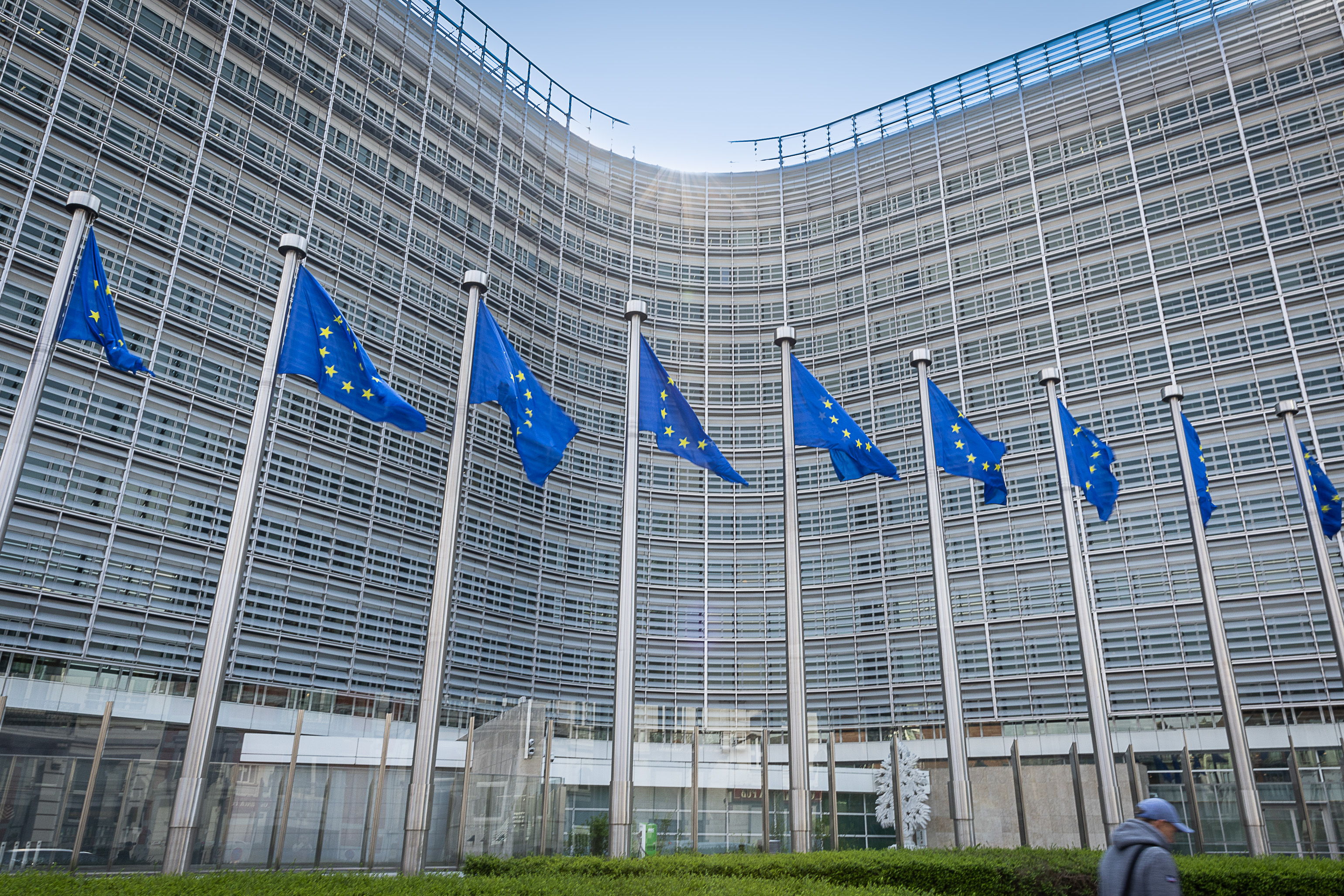Banning products made by forced labour will soon be possible in EU

Negotiators from the European Parliament, the European Commission and member states agreed last night on a proposal that would allow products made by forced labourers to be banned from the European market.
"With this regulation we want to make sure that there is no place in our single market for their products, whether they are made in Europe or abroad," said Belgian Economy and Labour minister Pierre-Yves Dermagne in a statement. The aim of the regulation is to break the business model of offending companies.
If a company is suspected of using forced labour in its supply chain, member states or the European Commission can launch an investigation. If these suspicions are confirmed, products can be stopped at European borders or removed from store shelves, with companies risking a fine. If the companies eliminate forced labour from their supply chain, the products can be allowed back onto the European market.
"There is no place in our single market for their products, whether they are made in Europe or abroad"
According to Belgian MEP Saskia Bricmont, eligible products include clothing, solar panels and smartphone batteries. The EU is looking at private companies as well as state-organised systems, says Bricmont, such as the Chinese government's exploitation of the Uighur Muslim minority.
Worldwide, an estimated 27.6 million people are in forced labour. The practice is defined as work required of a person against his or her will, under threat of punishment.
© BELGA PHOTO JAMES ARTHUR GEKIERE